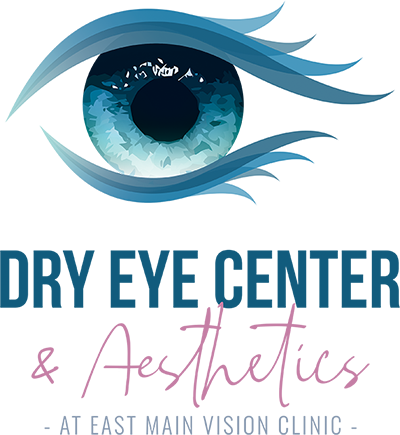July 22, 2020

Dry eye is one of the most common eye conditions in the world. It occurs when the body no longer makes enough tear film to keep eyes healthy and comfortable, or because the moisture that usually covers the surface of the eyes evaporates too quickly. Either way, this results in a range of unpleasant symptoms. These symptoms can include, redness, soreness, grittiness, blurred vision and sensitivity to light.
Dry eyes can occur at any time, but for many people, their symptoms are much worse at a particular time of year – the summer. Here are some of the main reasons why dry eye can be worse during the warmest season of the year.
Increased exposure to sunlight
People naturally tend to spend more time outdoors during the summer months when the temperatures are warmer, and the days are longer and brighter. However, this additional time outdoors means that our eyes are more exposed to the harmful effects of UV rays from the sun. As a result, tear film may evaporate from the surface of the eyes more quickly, causing them to dry out leading to the symptoms of dry eye.
Use of air conditioning
Summer is a time when we become more dependent on our air conditioning. Air conditioning lowers the temperature in the room that we are in, making them much more comfortable. However, they also reduce humidity and the amount of moisture in the air, which can lead to fast evaporation of tear film which is one of the triggers of dry eyes. As the temperature decreases it also reduces the ability of the meibomian glands to secrete oils that prevent tears from evaporating too quickly.
There are more allergens around
The spring and summer months typically come with a higher allergen count. For example, pollen levels are typically higher during the spring and summer months, meaning that people who suffer from allergies are more likely to experience symptoms of them at this time. Although dry eye syndrome is not the same thing as an eye allergy, the symptoms of the two are very similar and they are often confused for one another. In addition, medications that treat eye allergies can increase dry eye symptoms.
We are more likely to become dehydrated
Our bodies need sufficient water in order to function properly. Our eyes are no exception and staying properly hydrated is essential to healthy tear film production and dispersal. In the hot summer months, it is much easier for us to become dehydrated. Unfortunately, dehydration can cause dry eyes as our bodies will prioritize using water for processes that it considers more important, such as maintaining your brain function and respiratory system. This means that our eyes won’t receive enough fluid to produce the tear film needed to keep them comfortable.
Treatment for dry eyes
Fortunately, there are a number of different treatments that can help to alleviate the symptoms of dry eyes. In most instances, patients may try several options to find the one which works best for them. Your eye doctor in Puyallup, WA will be happy to talk you through the various solutions and make a recommendation for you based on your symptoms and lifestyle. Some of the options that may be available to you could include:
Artificial tears that moisten the eyes, but don’t treat the underlying cause of your dry eyes.
Medicated eyedrops that contain drugs to stimulate tear film production.
Steroid eyedrops to reduce inflammation.
LipiFlow: a thermal pulsation device that warms and massages the glands responsible for tear film production.
Antihistamines or warm compresses: to deal with dry eyes that are a result of allergies.
If you have been suffering from dry eyes, or if you have questions about this common condition and the available treatments, don’t hesitate to get in touch with our experienced eye care team in Puyallup at 253-780-0700 today.



